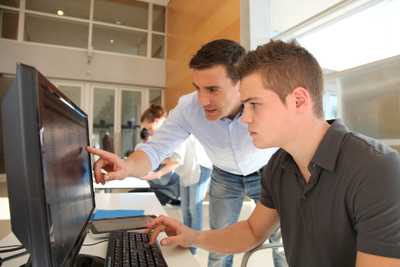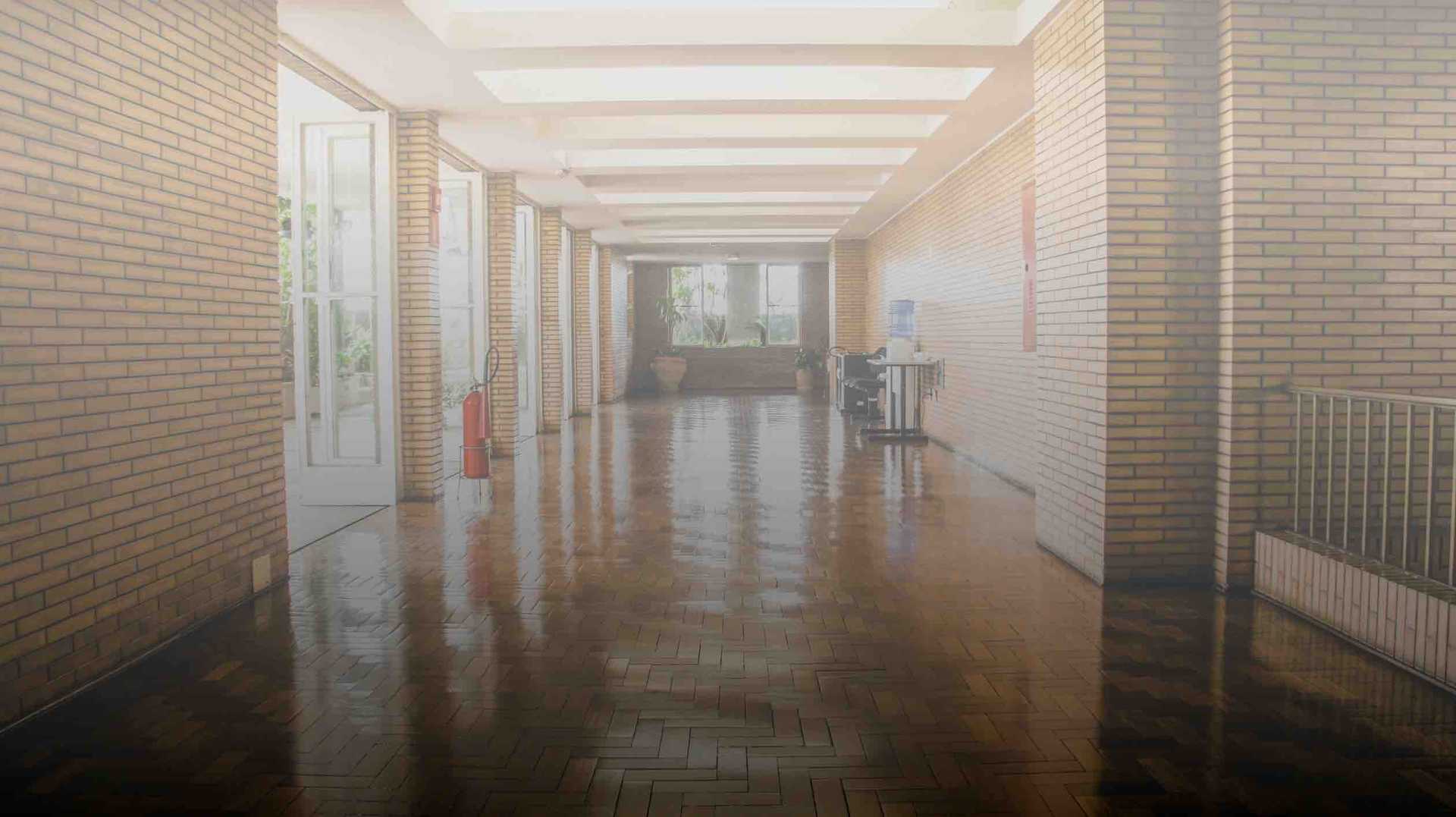Whenever a student is faced with a new problem, topic, or challenge, they fall back on prior knowledge to formulate an initial response.
By aligning your curriculum with students’ prior knowledge, educators can introduce more complicated topics and subjects with greater success, and reinforce positive learning habits that translate to long term academic achievement.
In this article, we’ll take a deeper look at the importance of building on students’ prior knowledge.
We’ll explain what prior knowledge is, how using prior knowledge in learning can lead to successful outcomes, and how to avoid misapplying prior knowledge during learning.
What Is Prior Knowledge?
The definition of prior knowledge refers to the educational context and information foundation a learner possesses prior to learning new material.
Prior knowledge is typically accumulated over time from a variety of sources, and can both positively and negatively affect learning outcomes.
If prior knowledge held by the student is consistent with new topics, the informational base can enhance learning experiences. However, incorrect prior knowledge that clashes with new topics can negatively affect educational success.
Experts estimate that between 30-60% of the variance in learning outcomes can be traced to prior knowledge disparities.
How Prior Knowledge Affects Learning
Research into the impact of prior knowledge on learning has revealed that prior knowledge significantly influences student achievement. Researchers found both declarative and procedural knowledge impact student achievement, but at varying levels.
Prior procedural knowledge was found to be most significantly linked to student achievement, leading researchers to conclude that individual students’ prior knowledge should be considered during instructional design and curriculum planning for the best odds of student success.
The Research Behind Building on Prior Knowledge
Building on students’ prior knowledge is rooted in constructivism, which posits that learners have to actively construct their own knowledge rather than passively receive it.
This means learners make meaning of new concepts only when they “integrate them into their existing structures of knowledge,” or schemas. This can be visualized using concept maps.
This is how long-term memory works: when students process new stimuli, they sort and organize them into long-term schemas based on familiar patterns.
Not only does building on prior content knowledge improve students’ conceptual understanding and retention, but it can also foster a positive attitude towards new math challenges by building students’ confidence in their knowledge foundation from the previous study. This has been found to have a compounding positive effect on future achievement.
Education theorist Paulo Friere also argued that building on prior knowledge is what we would call culturally responsive teaching today because it “take(s) the people’s historicity as their starting point” — in other words, it affirms the nature of knowledge and experiences students are bringing to the table.
In their position on teaching with high expectations, The National Council of Teachers of Mathematics (NCTM) calls for “design[ing] instruction that builds on students’ prior knowledge and experiences.”
Students need to understand the relevance of new information and be encouraged to tap into previously learned skills. NCTM suggests that one way to do this is through 5–10 minute warm-ups, such as a discussion prompt or a mathematical task.
For example, a teacher introducing a new lesson on calculating the area of shapes composed of rectangles could give students a warm-up review question on finding the area of rectangles.
This activates students' existing level of knowledge so that they are primed to apply these skills to a more complex task.
Examples of the Application of Prior Knowledge
Projects that rely on previous knowledge of learners can be advantageous for students with strong educational backgrounds but lead to widening educational achievement disparities for struggling students.
Let’s take a look at a few examples of common scenarios that call for an application of pre-knowledge that can be beneficial to some, but detrimental to others.
Scenario 1
- An English teacher asks their class to write a three-page essay on a recent class topic.
- After receiving the essays, the instructor notices a distinct disparity in writing competency amongst the class.
- Some students’ essays followed the basic rules of essay structure, grammar, and punctuation, while others lacked structure and were full of misspellings and grammatical errors.
- After holding a class discussion about the fundamental aspects of good essays, the instructor discovered that some students had little to no exposure to essay-writing prior to beginning the assignment.
Scenario 2
- 20 students sign up for Algebra 2.
- Half of the students took Algebra 1 the semester prior to signing up, while the other half took the course a year ago.
- The students that took Algebra 1 a single semester ago consistently outperform their peers and enjoy a noticeable academic advantage.
- Because of the disparity of prior knowledge (in this case, based on subject familiarity and exposure), the instructor began to offer remedial Algebra 1 study sessions to refresh struggling students’ familiarity with foundational topics.
Scenario 3
- A history teacher asks their class to write down facts about WWII.
- Some students are able to correctly date events, name important battles, and identify key geopolitical players.
- Other students use generalities or discuss tropes from popular media rather than specific events or facts surrounding WWII.
- This range of responses indicates varying levels of knowledge surrounding the war, which signals to the instructor to adjust the upcoming curriculum to ensure it is inclusive and attainable for students with less prior knowledge.
Preventing the Misapplication of Prior Knowledge
A study conducted at the University of Wisconsin-Madison found that activating prior knowledge by warming up with related familiar problems before a new lesson could “support the spontaneous, correct transfer of children’s prior conceptual knowledge to a novel domain.”
However, the researchers did note that teachers should be on the lookout for students applying the wrong strategies to new problems, suggesting that students benefit from explicit guidance on how to make comparisons between similar problems — they benefit from experiencing prior knowledge examples in real time.
Another study on common misconceptions in arithmetic highlighted a problem with students incorrectly applying previously learned operational patterns.
Both studies affirm the importance of activating prior knowledge strategies in a cumulative subject like math, but caution that educators need to be ready with just-in-time support so that students do not transfer the wrong approaches.
Yup’s Strategies for Building on Prior Knowledge
Yup’s Teaching Framework is built around the NCTM’s call for equitable, grade-level math instruction that includes building on prior knowledge.
When tutors begin a session, they are coached and evaluated on their ability to gauge student understanding and use this as a jumping-off point.
The Yup rubric holds tutors accountable to:
✅ Assessing prior knowledge: Tutors start by using students’ pre-session responses to the problem to guide their instruction and formulate scaffolded questions.
✅ Guiding the conversation to catch misconceptions: While Yup tutors encourage students to use their existing knowledge, they are also on the lookout for misconceptions and address them with concise explanations or visualizations.
✅ Encouraging students to actively construct their own knowledge: Yup tutors also facilitate productive struggle, pushing students to complete key portions of the work independently so that they will be more likely to retain new skills.
How We Help Accelerate Learning In Students
Our High-Dosage Tutoring strategy is designed to accelerate learning achievement to close prior knowledge gaps that lead to academic achievement disparities.
Yup’s Math learning support system provides “just-in-time” tutoring and guidance from highly educated and skilled educators.
Our tutors are trained to use a question-based approach to:
- Carefully assess prior knowledge levels
- Identify misunderstandings and misconceptions that are impeding learning progress
- Stimulate conceptual understanding
- Reinforce crucial foundational concept or topic knowledge
- Actively engage students to make them feel heard and supported
Our evidence-based Teaching Framework (that was developed in accordance with the National Council of Teachers of Mathematics [NCTM] best practices) is supported by our intuitive user platform.
This unique learning platform:
- Provides educators with a personalized dashboard with student use and progress data
- Supports intensive one-on-one or small group HDT for targeted support
- Is optimized for in-class and remote use, with intuitive features that smooth the transition between school and home
- Provides round-the-clock Homework Help and supplemental support
- Protects student data and information with federally compliant privacy and security measures
High-Dosage Tutoring has been proven to be one of the most effective techniques for stimulating progress in math. A massive 200-study meta-analysis found that HDT success even surpassed early childhood intervention for struggling students.
Learn More About Yup’s Learning Support System
Our student-friendly High-Dosage Tutoring platform is optimized for accelerated learning, making it an ideal tool in the fight against prior knowledge disparities that unfairly impact learning outcomes.
Our learning platform is a math teacher multiplier that allows school districts to improve learning outcomes and develop learning strategies that support long-term academic achievement.
To learn more about how Yup tutoring helps close the gap in education, check out our blog!
And if you are a teacher or administrator interested in Yup’s learning support system, contact partnerships@yup.com to find out more about bringing Yup to your school or district.







